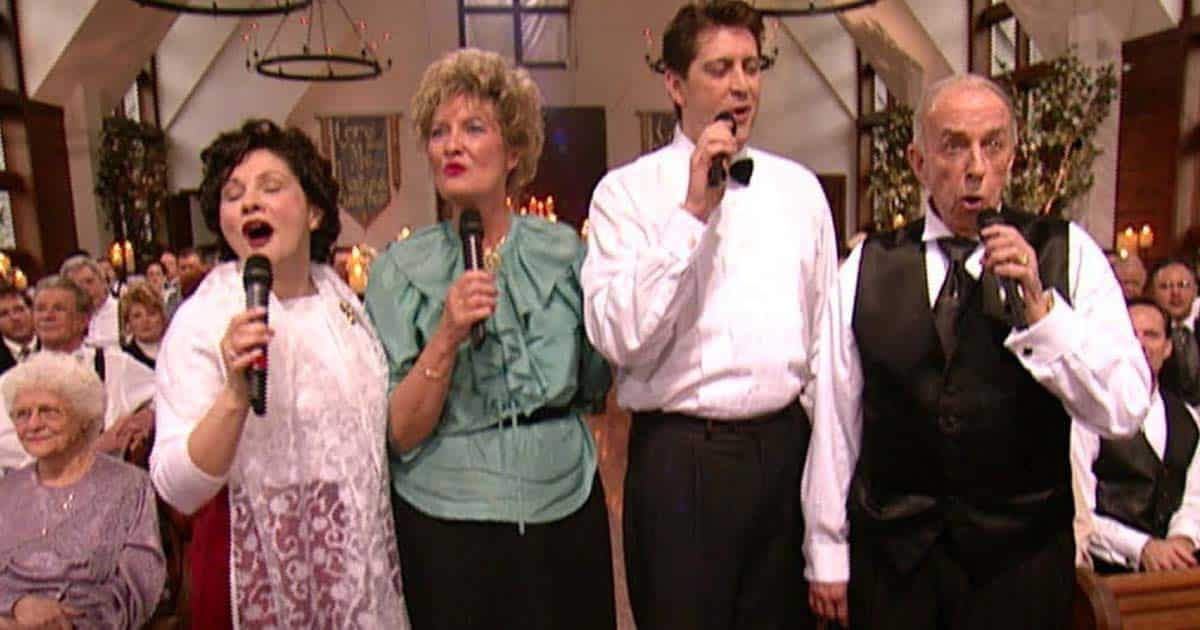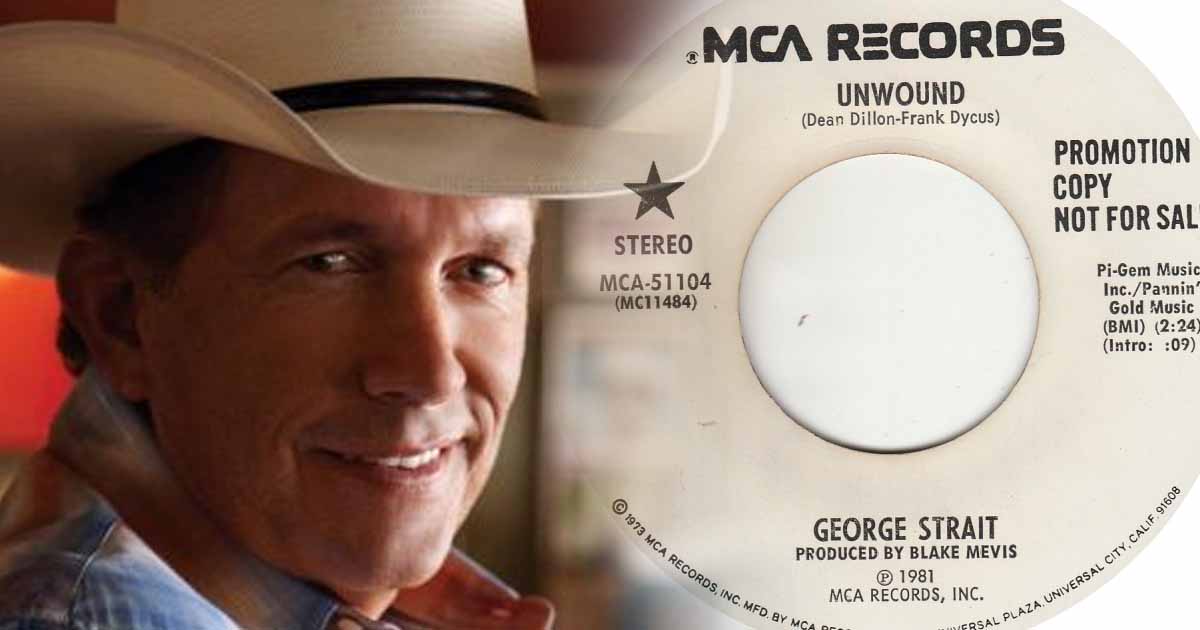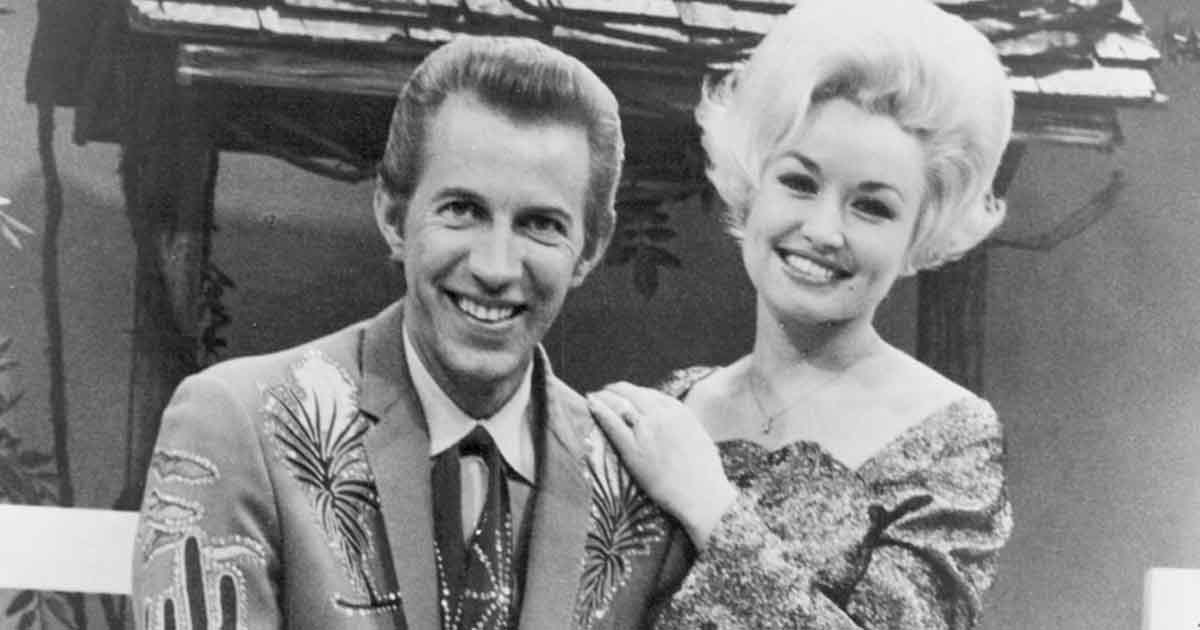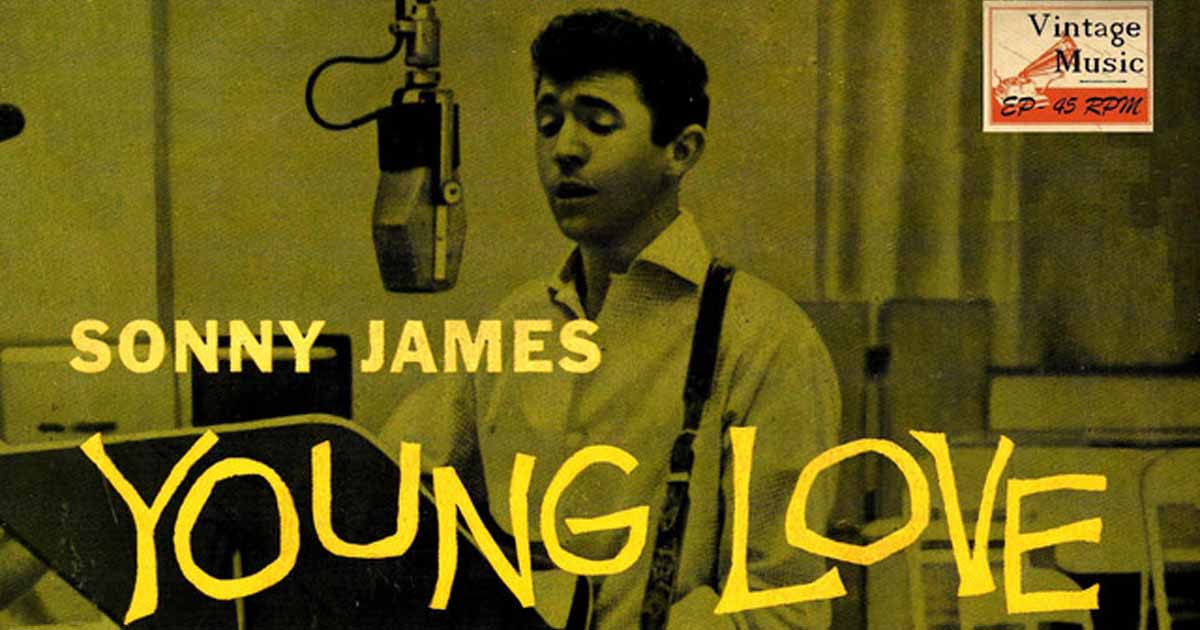Being one of the world’s best-loved recording artists of the 1970s, John Denver earned international acclaim as a songwriter and performer. John Denver songs touched people of all different backgrounds and extended to fans of all ages.
Born in Roswell, New Mexico, Denver started performing in local clubs before joining the Chad Mitchell Trio – which popularity was boosted by Denver’s presence on the strength of his songwriting skills. The trio was able to earn their first record deal and recorded several tracks.
However, in 1969, Denver exited the group to pursue a solo career. And with his million-selling hits, it was quick for Denver to achieve superstardom.
With that in mind, let’s revisit some of John Denver‘s greatest hits.
1. “Sunshine on My Shoulders”
Out of his countless massive hits in the 1970s, there are no other tracks that captured Denver’s essence better than his first No. 1 song, “Sunshine on My Shoulders.”
Denver said the song is about “virtues of love.” He wrote it during “late winter, early spring,” when it was too cold to go outside that he found himself longing for the sunshine.
2. “Annie’s Song”
While trying to save his marriage with his then-wife Ann Martell, Denver wrote “Annie’s Song,” – which reflects on all the pleasure and happiness he has in his marriage. This is said to be the fastest song Denver has ever written, finishing it in about ten minutes.
3. “Thank God I’m a Country Boy”
When Denver re-released the song, it topped both Billboard Hot 100 and Hot Country Songs charts. “Thank God I’m a Country Boy” also turned out to be the variety special show’s name hosted by Denver in 1977.
4. “Take Me Home, Country Roads”
This timeless classic is renowned worldwide and will stay in our hearts forever. “Take Me Home, Country Roads” paints a wonderful dramatic picture of what home means to Denver and many others. It especially received a fervent response from West Virginians.
5. “Rocky Mountain High”
When Denver moved to Aspen, Colorado, he fell in love with the state and put it into a song, “Rocky Mountain High.” It was considered to be a major piece of 1970’s pop culture and turned out to be well-associated with Colorado history.
6. “Sweet Surrender”
“Sweet Surrender” follows the common theme found in most of Denver’s tracks as it deals with a journey of self-exploration related to subjects of nature and the environment.
7. “Fly Away”
Featuring vocals by Olivia Newton-John, “Fly Away” is absolutely one of Denver’s bigger hits while his career was at its peak. It is an ode to yearning for simpler times, longing to escape from loneliness, and living a simpler way of life.
8. “Perhaps Love”
Here’s another song Denver wrote for his then-wife while they were separated and on the brink of divorce. It was released as a single with “Annie’s Song” on the B side.
9. “Back Home Again”
Denver created a lyrical masterpiece with “Back Home Again,” which a lot of people relate to. The song helped Denver take home Song of the Year and Entertainer of the Year during the 1975 CMA Award.
10. “This Old Guitar”
When Denver was only 12 years old, his grandmother gave him a 910 Gibson “F-hole” acoustic jazz guitar, which became Denver’s prized possession – an instrument that helped him fall in love with music. And this is what this song is all about.
11. “Looking for Space”
Denver said the song is “about looking for the definition of who you are, by finding out where you are.” It turned out to be another No. 1 hit for Denver.
12. “Calypso”
Denver paid tribute to his close friend and French naval officer Jacques-Yves Cousteau and his research ship boat named Calypso, which sailed all over the world for ocean conservation. It also features sounds of ship bells that can be heard in the instrumental openings before both two verses.
13. “The Eagle and the Hawk”
Denver wrote “The Eagle and the Hawk” for a TV special of the same name, which he filmed in the Rocky Mountains. Sadly, the special never aired.
14. “Follow Me”
Denver also wrote this song for Annie, whom he had to leave behind because they didn’t have enough money to take her with him as he toured during the early days of his career.
15. “Let Us Begin (What Are We Making Weapons For?)”
In addition to being a songwriter and performer, Denver is known for being a political activist. He recorded this anti-war piece with Alexander Gradsky, Russia’s leading singer-songwriter.
More of John Denver Songs That Became Timeless Pieces Of Americana
With a career that spanned four decades, it’s no surprise how Denver’s songs became the most popular and cherished ones all over the world. Here are some more of our favorites.
Indeed, his active years as a singer-songwriter have delivered some of the best hits that we continue to enjoy today. How about you? Which among these John Denver songs do you love the most?


















